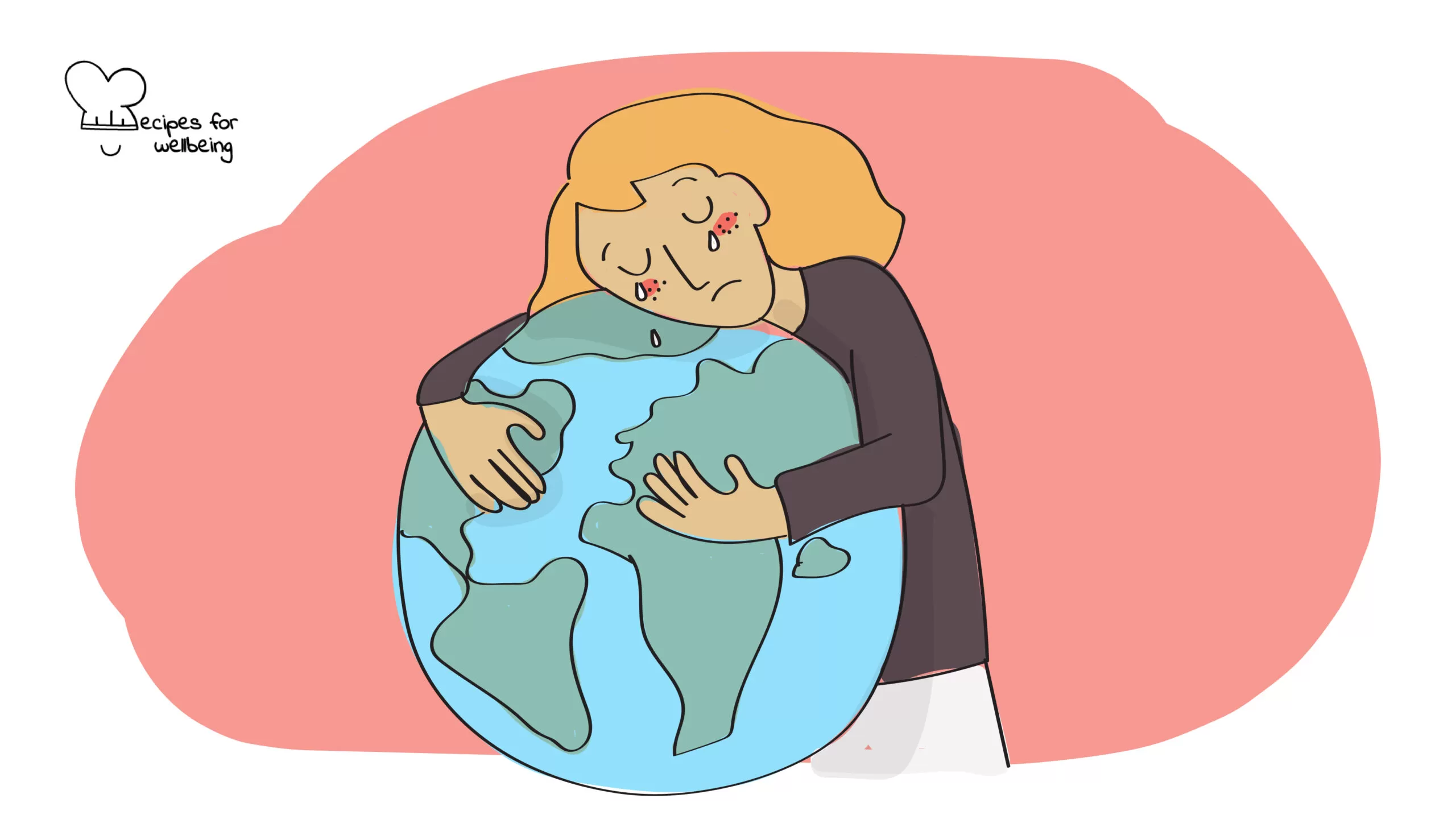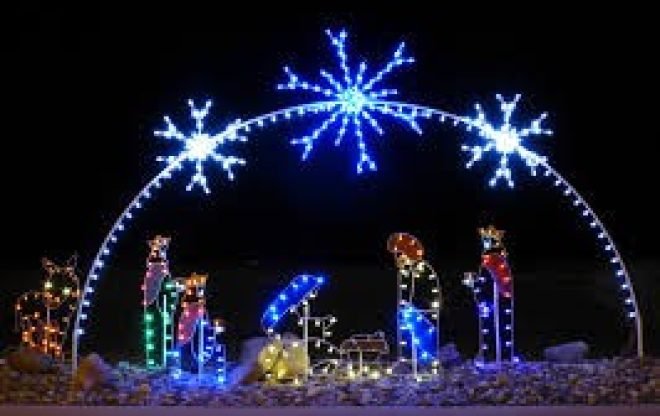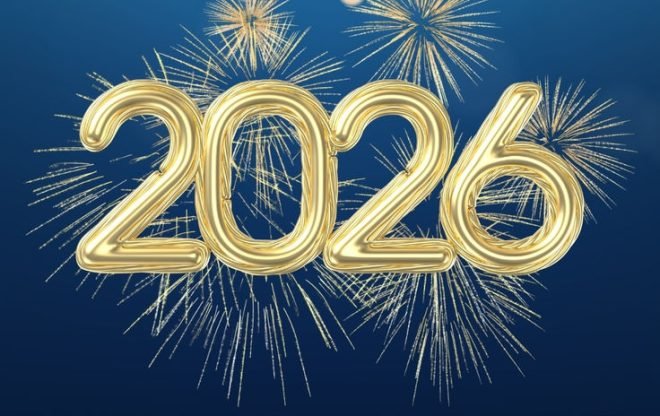Living With Eco-Anxiety: When the Planet’s Pain Feels Personal
Eco-anxiety isn’t a clinical diagnosis—yet—but it’s a very real emotional response. It’s the feeling of chronic fear, worry, or helplessness in the face of environmental destruction and climate change. Whether it’s wildfires ravaging forests, unbearable heat waves, or news of another species going extinct, it can feel like a heavy emotional load that never quite lifts.
And for many, it’s not just about anxiety. It can show up as grief, guilt, rage, and even a deep sense of existential dread. It’s particularly common among Gen Z and Millennials, who’ve grown up hearing phrases like “climate emergency” and “code red for humanity.”
Signs you’re experiencing Eco Anxiety
Eco-anxiety can manifest in many subtle—and not-so-subtle—ways. You might find yourself constantly checking environmental news, feeling guilt after using plastic, or questioning the point of long-term plans like having kids or buying a home. Some signs to look out for:
- Obsessive thoughts about climate change
- Sleep disturbances or nightmares about environmental disasters
- Avoidance of certain activities out of environmental fear (e.g., flying, shopping)
- Guilt over not doing “enough” to help
- Anger or helplessness when others seem indifferent

Why it hits hard?
Part of what makes eco-anxiety so intense is the lack of control. Unlike personal stressors, climate change is vast, global, and complex. While individual actions do matter, it’s frustrating to feel that no matter how many bamboo toothbrushes you buy, the big players—governments, corporations—aren’t doing enough.
Turning Anxiety into Agency
Eco-anxiety, at its core, is rooted in love—for the Earth, for future generations, and for life itself. It can feel overwhelming, yes, but it can also be channeled into action, creativity, and connection. When we move from isolation to community, from fear to empowerment, we don’t just manage our eco-anxiety—we begin to reshape the world that’s causing it.
And maybe that’s what the planet needs most: not perfect individuals, but conscious, connected people who choose to care, even when it hurts.
Found this helpful? Subscribe below for more



